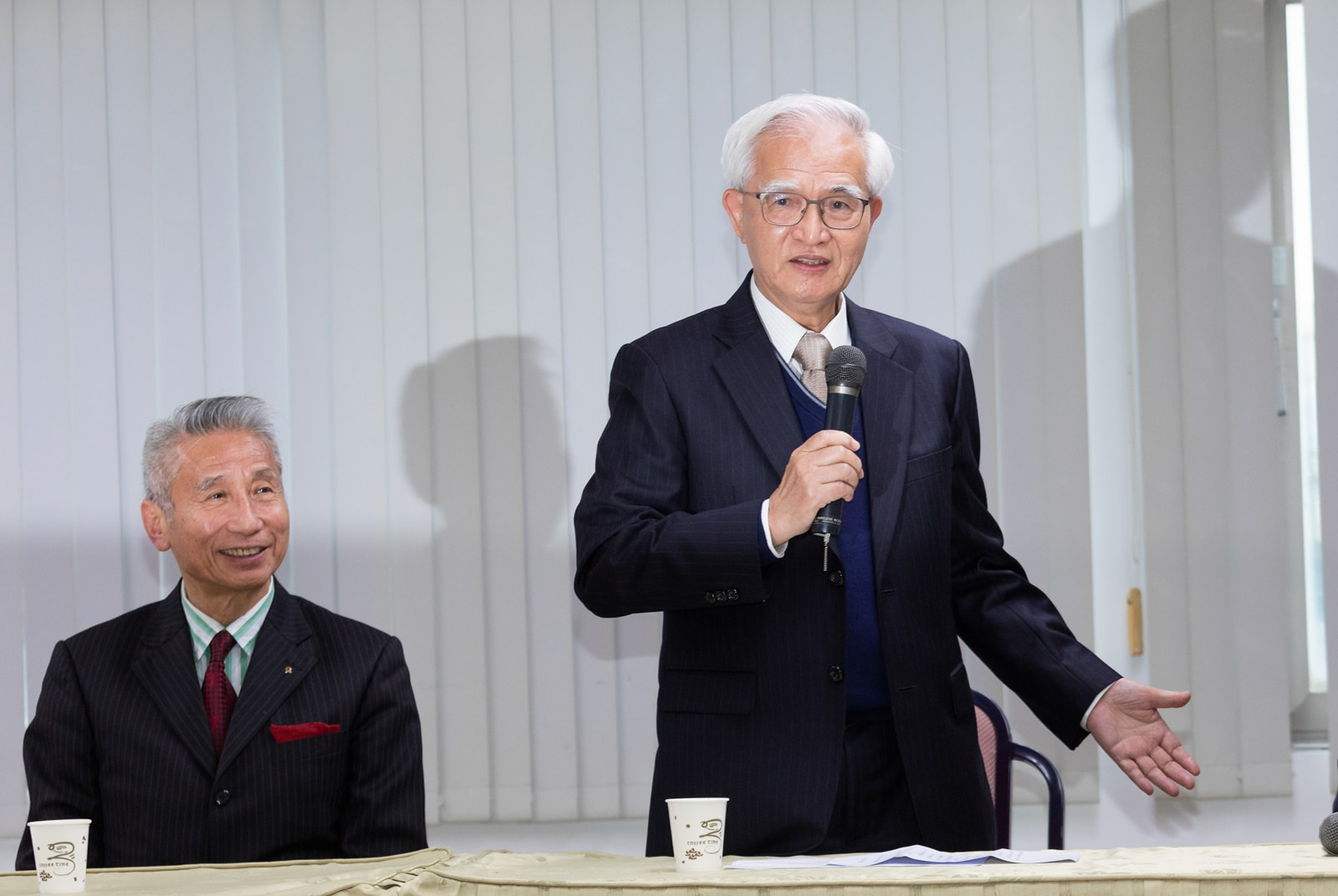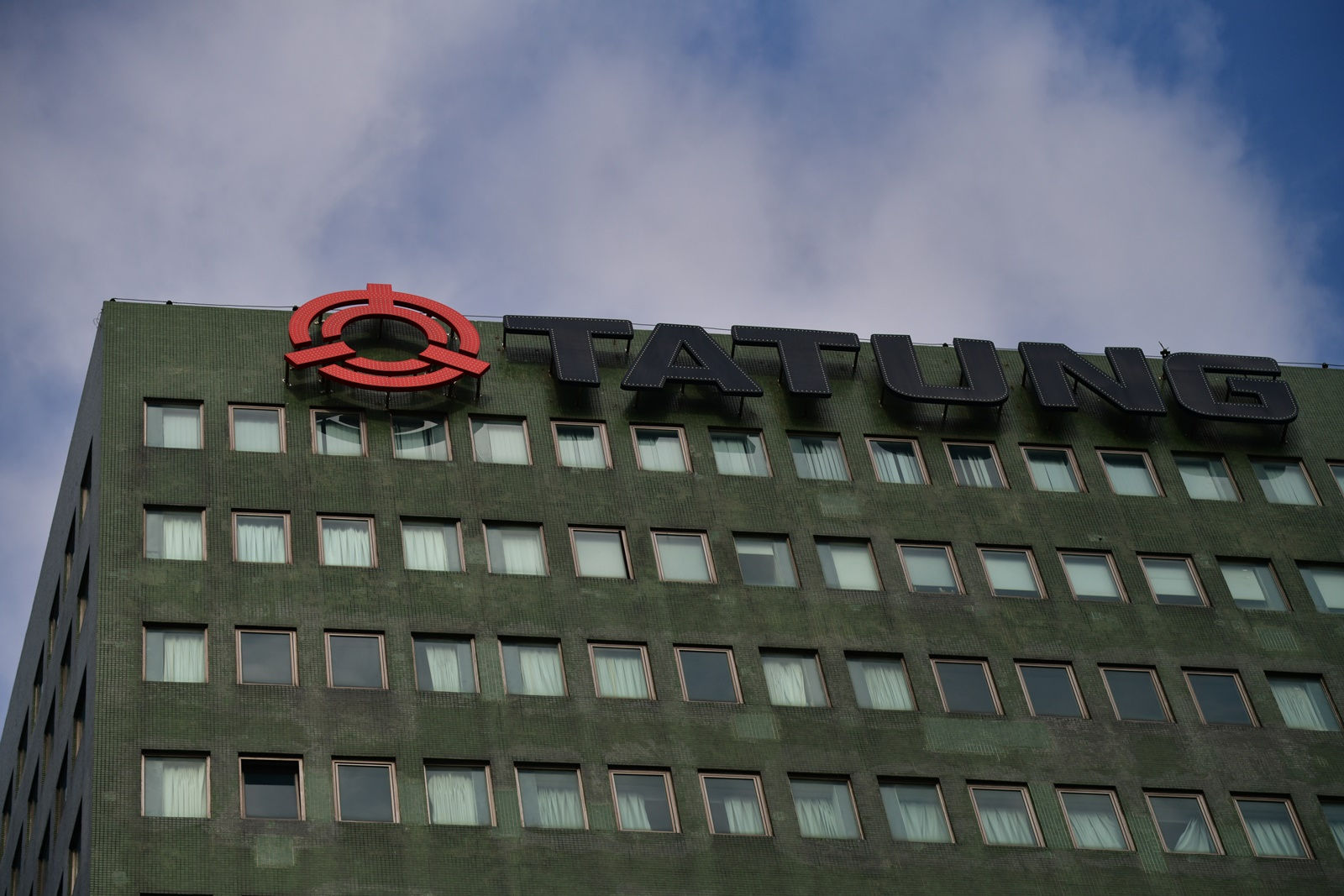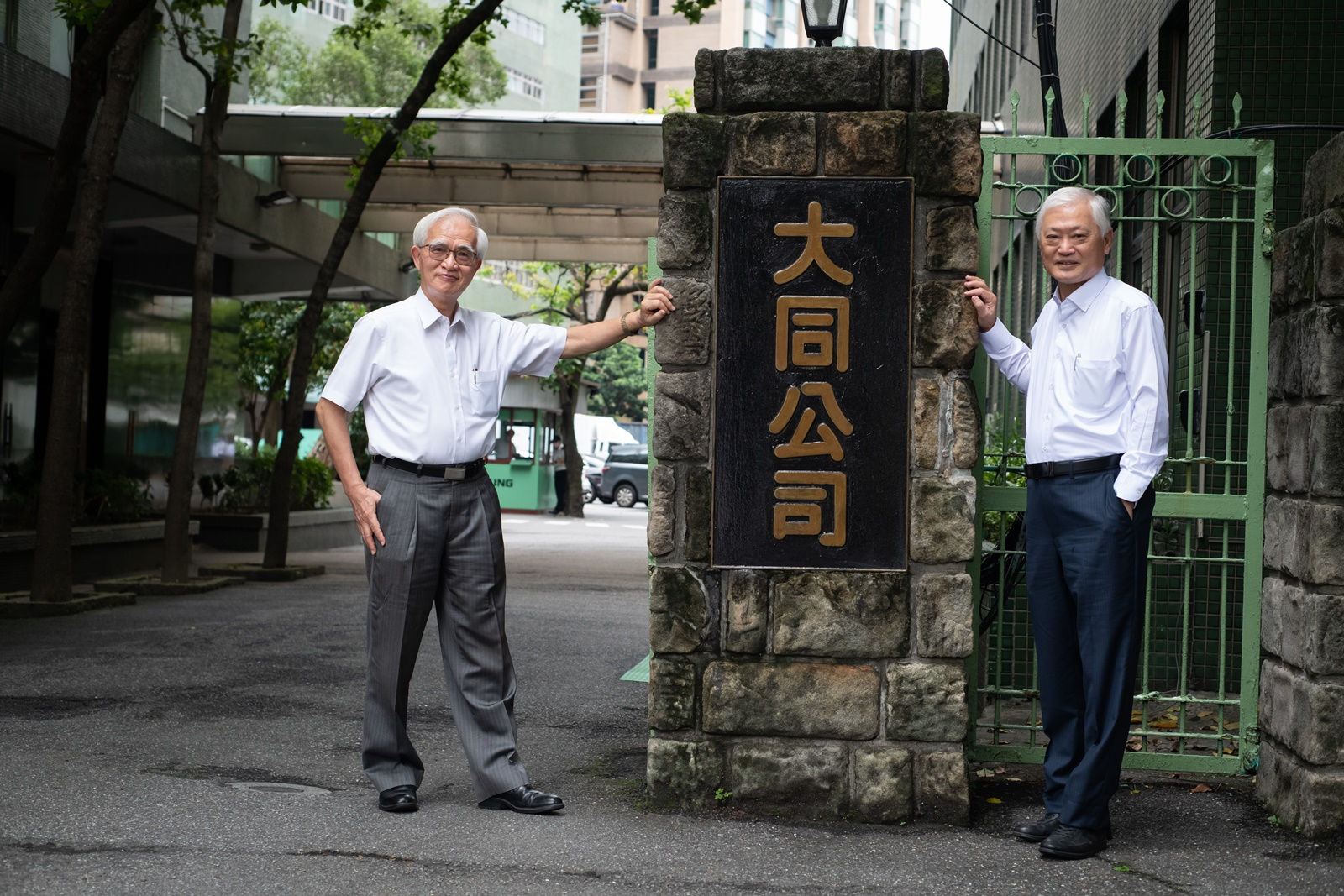Tatung rescue saga drags on with new spate of infighting

Source:Chien-Ying Chiu
Last year, Tatung Company seemed set for a smooth transformation after years of infighting over control of the century-old brand. Yet 23 personnel changes within the conglomerate’s management team this year indicate that the storm is far from over. What is the agenda of Tatung’s major shareholders?
Views
Tatung rescue saga drags on with new spate of infighting
By Allison Hsuweb only
Not even half a year after Tatung, one of Taiwan’s oldest companies, finally achieved stable leadership and management teams to steer its long overdue financial restructuring, trouble is brewing again.
In early November, major shareholders Wang Kuang-shiang and Lin Hung-hsin as well as corporate shareholders Gindon Investment Co. and Hsin Tung Investment Consultancy Co., which hold director seats as institutional investors, successively announced that they were changing their representatives to install former Economics Minister Steve Chen and former Prosecutor-General Yen Da-ho on the Tatung board of directors. In October of 2020, these activist shareholders known as the “market faction” had wrested control of Tatung from the “company faction”, represented by the Lin founder family, by securing seven of the nine board seats.
Tatung Chairman Lu Ming-kuang and CEO Ho Chun-sheng, who came on board only in June, did not comment on the director changes.
Yet, it is not just the Tatung board of directors that is being shaken up. This year alone, 23 announcements regarding personnel changes at the board or top management level have been filed with the Taiwan Stock Exchange so far.
With just two years left for the current board, frequent reshuffles unavoidable
Observers are breathless given the quick succession of industry-shaking personnel changes. “It shows that the large shareholders are very impatient,” notes an unnamed legal professional who is involved in the planning of the Tatung management team. That changes are made so abruptly might be attributed to the concerns of major shareholders, Shanyuan Group Chairman Wang and Cheng Wen-i, a Taiwanese businessman with investments in China.
Wang and Cheng played a leading role in the drawn-out struggle to gain control of the family-run Tatung empire. They invested considerable capital before eventually ending the Lin clan’s 102-year control last year.
With the board control battle over, the company seemed on track to tackle its urgently needed financial restructuring, restore the morale of its employees and repair a public image marred by the prolonged power struggle.
But in the year since, the company has seen a revolving door of executives and directors. Tatung Chairman Lin Wen-yuan, installed by the market faction, was replaced in late December after less than two months in power by Taiwan’s acquisition king Lu Ming-kuang, former chairman of Sino-American Silicon Products Inc., while former Advantech Executive Director Ho Chun-sheng replaced CEO Chung I-wen in June. Aside from Wang, every other director’s seat has changed hands at least once. Further changes have occurred within the top echelons of financial affairs, legal affairs and at many subsidiaries.
The legal professional explains that the current board of directors has only two years of its three-year term left.
Given that the large shareholders feel there is an urgent need to act, “constantly getting the ranks in good order” has become one of their solutions.
 (Source: CommonWealth Magazine)
(Source: CommonWealth Magazine)
The market is rife with speculation as to why Chen and Yen are joining the board. Lu doubles as institutional shareholder representative for Gindon Investment Co., whereas Ho represents Tatung High School. Both directors can be replaced anytime if the new large shareholder or [in Ho’s case] the Lin family so demand.
Turning a profit is not enough as small shareholders want dividends now
Under the leadership of Lu and Ho, Tatung has actually turned a profit for two quarters in a row. In the first three quarters of this year, Tatung generated NT$22.04 billion in revenue with profit attributable to owners of the parent company amounting to NT$1.267 billion for an EPS of NT$0.54. Tatung’s share price has gained nearly 30 percent this year, hitting a record high since the new owners took over.
But Wang and his allies have set their sights higher, namely “better and faster results”.
First of all, they want the small shareholders who have not earned any dividends in 20 years to finally see a return on their investment.
Lu crushed such hopes earlier this month, arguing that Tatung needs to first clear its accumulated debt before it can show some largesse, saying, “The competent authority has told us: ‘Before you have offset accumulated loss against income, you cannot distribute dividends.’”. As a result, finding ways to improve the financial structure of Tatung is crucial if Tatung wants to keep its promise to retail investors.
However, the new business ventures that Ho is presently pursuing such as green, regenerative energy and e-buses require a long-term approach and will not generate profits for years to come.
That’s one of the big rifts dividing the large shareholders and Tatung’s C-suite.
 (Source: Ming-Tang Huang)
(Source: Ming-Tang Huang)
Two solutions to Tatung’s fiscal woes
There are two ways Tatung could qualify for declaring dividends. One is selling the assets of subsidiary Chunghwa Picture Tubes Ltd., which filed for bankruptcy in September of 2019 after its restructuring plan was rejected, provided the court approves the application.
Tatung and its affiliates hold a stake of around 40 percent in Chunghwa Picture Tubes. Interest payments on the bankrupt subsidiary’s debt amounted to NT$600 million in the first half of this year alone. If the court does not approve the sale of assets under the bankruptcy proceedings, Tatung would have to keep servicing Chunghwa Picture Tubes’ huge debt. Yet should approval be granted Tatung could look for a new buyer for its facilities and machinery and use the proceeds to pay off debt.
Another solution would be developing the conglomerate’s real estate. In the past, Wang has proposed a development plan for Tatung’s factory complexes in Taipei’s Zhonghe District and New Taipei’s Tucheng District as well as for two urban renewal projects in Taipei. Wang believes that the factory redevelopment projects would bring in “profits worth at least NT$20 billion” which could be used to significantly ease the debt burden. In the third quarter of this year, Shan-Chih Asset Development Co. Ltd, which owns the lion’s share of Tatung’s real estate and where Wang serves as chairman, contributed NT$578 million or 45 percent of Tatung’s profits. This shows that real estate development can help to markedly improve the company’s finances.
The real estate developer has, however, helped out Tatung by providing financial accommodation for a long time. According to the company’s third quarter financial statements, Shan-Chih Asset Development has provided guarantees for Tatung obligations to the order of NT$33.76 billion, of which NT$27 billion has already been withdrawn. On top of that, the ownership structure of some of Tatung’s major real estate assets is quite complex, which means it cannot just be developed as one wishes without taking the opinions of the various owners into account. And Lu has also said that he does not want Tatung to just cure its financial ills by selling off land.
Institutional directors undermine stable management
Tatung’s revolving-door directors highlight that Taiwan’s unique mechanism for electing directors who represent institutional shareholders undermines the stable management of listed companies.
Yeh Yin-hua, professor at the Institute of Finance of National Yang Ming Chiao Tung University, has been advocating the abolition of such non-independent directors, arguing that they are beholden to the interests of large shareholders because they can replace them at will. Yeh points out that the system comes with two drawbacks: First, the directors are involved in the operations of the company acting as proxy for the shareholder instead of just exercising shareholder duties. Second, large shareholders can increase their actual control of a company by forming holding companies and trust holdings that serve as institutional directors. While they act as “shadow directors”, they do not bear any responsibility to protect the company.
It remains to be seen whether Tatung’s leadership carousel will continue to turn as major shareholders and top management do not necessarily see eye to eye as to what is in the company’s best interest. Ultimately, the survival of the century-old brand is at stake.
Have you read?
♦ Meet the men on a mission to save Tatung
♦ How Century-old Tatung Fell Apart
Translated by Susanne Ganz
Edited by TC Lin
Uploaded by Jane Chen






